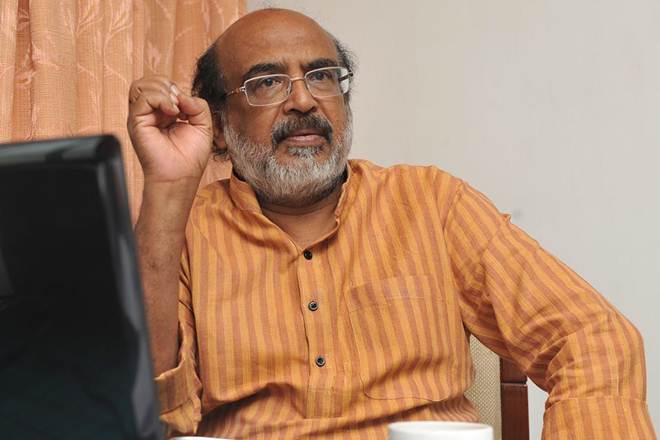Contrary to his usual expenditure-push strategy, Kerala finance minister TM Thomas Isaac is likely to take the path of fiscal prudence while presenting the state’s annual budget in state assembly on February 2. Given the ongoing revenue squeeze, a sharp crackdown on the state government’s runaway fiscal deficit has become inevitable to boost its credit rating and credibility to attract capital for development projects. An unlikely deficit-tamer, Dr Isaac, who is also a respected economist, had been constantly arguing that taking on loans specifically to fuel development is no accounting sin. His previous state budgets had seen lavish spends on innovative welfare projects and on capital expenditure, leading to the state’s fiscal deficit going beyond the permissible limit of 3% of GSDP (gross state domestic product). “There’ll be no big-billed projects in the budget this time,” Dr Isaac hinted broadly. “But then, there’ll be no tight-belting on social welfare projects,” he added. The grapevine is abuzz with talk that the state Budget is likely to tap non-tax revenue sources to raise resources. It is expected that the Kerala FM may tinker with land levies, university fees, hospital fees or royalties from quarries. Non-tax revenues in Kerala have constituted less than 30% of total government revenue in the past.
“I run a tight ship, mainly because state’s revenues failed to grow in tune with expectations, after the roll out of the goods and services tax (GST). As Kerala is a consumer state and GST is a destination-based tax, I had pinned hopes on GST revenue. About 80% of goods sold in Kerala have just 14.5% tax and further, most of these are yet to be realised. This is so, since the monitoring system is not ready at the national level. This has upset the state’s revenue side, though I am still bullish about GST in the long run,” Dr Isaac said during an interaction with media, as part of pre-budget consultations.
There’s a bigger reason why the Kerala Budget 2018-2019 will focus on keeping its fiscal deficit below 3% of GSDP. Dr Isaac is keen to lure infrastructure investment off-budget. A clean balance sheet boosts creditworthiness — the underlying principle. Gita Gopinath (Harvard professor and financial advisor to Kerala CM Pinaryi Vijayan) says it has been a clever move to disassociate infrastructure investment from the state Budget. “Through initiatives like Loka Kerala Sabha, KIIFB and Pravasi Chit scheme, the state government has been creating platforms to harness its enormous diaspora goodwill and funds for critical infrastructure development. If the credibility can be established, a temporary resource crunch is no a dampener to the state’s investment vision,” she says. Kerala Infrastructure Investment Fund Board (KIIFB), the state’s infrastructure body, is looking to fund projects worth Rs 20,000 crore, channelising money through bonds, loans and other financial instruments. The first set of projects, including roads, fibre optic network and a trans-grid power highway, will be rolled out this fiscal, drawing `5,000-crore in funds at an interest rate of 8%.

